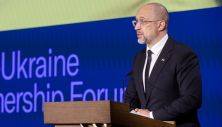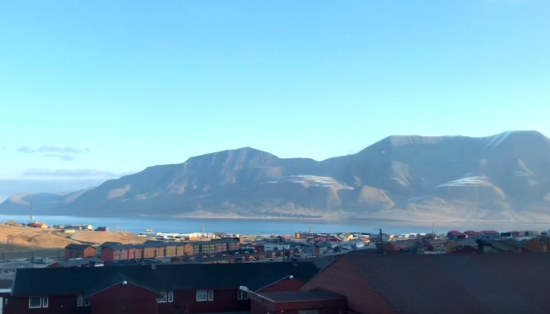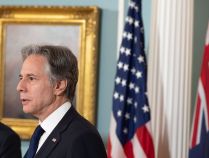The Nordic country is worried about Russia’s military buildup in the Arctic circle.
On the Arctic archipelago of Svalbard, the sun does not rise for four months of the year, and it is so cold that no trees grow there. Norway, which has sovereignty over the archipelago, fears tensions between Russia and the West could spill over to this frozen and barren outpost because of growing interest in the Arctic’s valuable oil, gas and shipping routes.
In tun, NATO fears that Russia’s military build-up in the Arctic, under way since 2008, and involving the creation and reopening of six military bases, as well as major military exercises, could reduce the Alliance’s freedom of navigation.
“It doesn’t affect Norway directly, and we don’t see a military threat from Russia to Norway, but we do see that the area is increasing in importance for Russia, and we see that they are increasing their exercises. They are increasing also their presence and their mobility most notably, and the big exercise they are having at the moment is of course also a testament to how their military mobility also is increasing,” said Ine Eriksen Søreide, Norway’s foreign minister.
The Nordic country has been lobbying its partners in NATO to focus on collective defense of its territory rather than interventions outside its borders, and it has paid off.
Norway will be the central staging ground of Trident Juncture, NATO’s biggest military exercise since 2002. For a month starting on Oct. 25, 40 thousand troops from 30 countries will conduct air, sea and land operations from Finland and the Baltic Sea in the east, to Iceland in the west.
Oslo has also persuaded Washington to more than double the number of United States’ Marines present in Norway. Hundreds will from next year be sent to a Swedish Arctic region closer to Russia than the Marines’ current base in central Norway.
“I think it’s still a concern, because we see that there is no reason to believe that a potential tension could start in the Arctic, but it could easily end up here if it starts elsewhere, and that is of course due to the fact that Russia is building up their military capacities, especially on the Kola Peninsula, and that is why we have also for the last four years been putting NATO’s attention to the strategic challenges in the North Atlantic, and we have been successful in doing so,” Søreide said.
Norway has a 196 kilometer land border with Russia and Russia’s northern fleet has its main base about 100 kilometers from the border.













